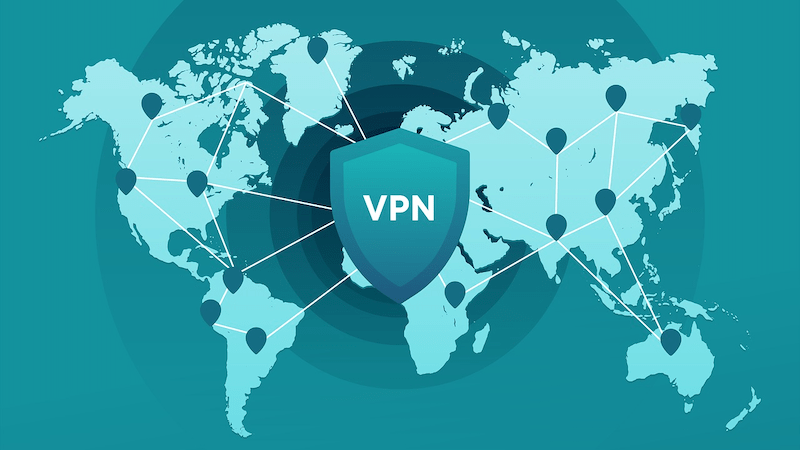Fortifying Our Digital Realm – OpEd – Eurasia Review
Much like the physical world, there is a virtual/digital world which is also characterized by anarchy. Challenges and threats emanating from the cyber world are as serious and consequential as those of the “real” world of traditional security.
Today, the realm of world security is not only about “bullet vs. bullet,” it is also about “click vs. bullet.” The internet has changed the way we share information, interact, and develop on a global scale. It has had a significant impact, bringing about previously unheard-of breakthroughs in connectedness, equality, and human prosperity. But in addition to these astounding developments, the digital world often portrays more somber truths. It has developed into a haven for disinformation, cyber threats, data theft, and digital authoritarianism that jeopardizes peace and stability.
In this age of lightning-fast technical development, everyone involved in the problem-solving process needs to share some of the blame. The digital ecosystem, which once offered almost endless possibilities, now necessitates group action to reduce the risks that come with it. It is critical to recognize the interdependence of people and technology and the significant influence they have on one another as we negotiate this challenging landscape. The need to counterbalance accountability in the digital domain is central to this subject matter. This means that the dynamics of the digital ecosystem will fundamentally change such that defenders will now have the upper hand against harmful actors. To strengthen cybersecurity defenses, improve resilience, and prevent sensitive data from being misused, coordinated actions are needed.
The ongoing and intense hegemonic battle between the United States and China can be explained by the conflict over big data hegemony. Thus, gaining a competitive edge in AI technology may come from acquiring more data through connections with more governments. To dominate AI technology, the United States and China plan to create their own exclusive network platform, or value bloc. As such, friendly nations like the United States and China may be compelled to adopt a binary framework. Being on either side of the ROK, a state…



